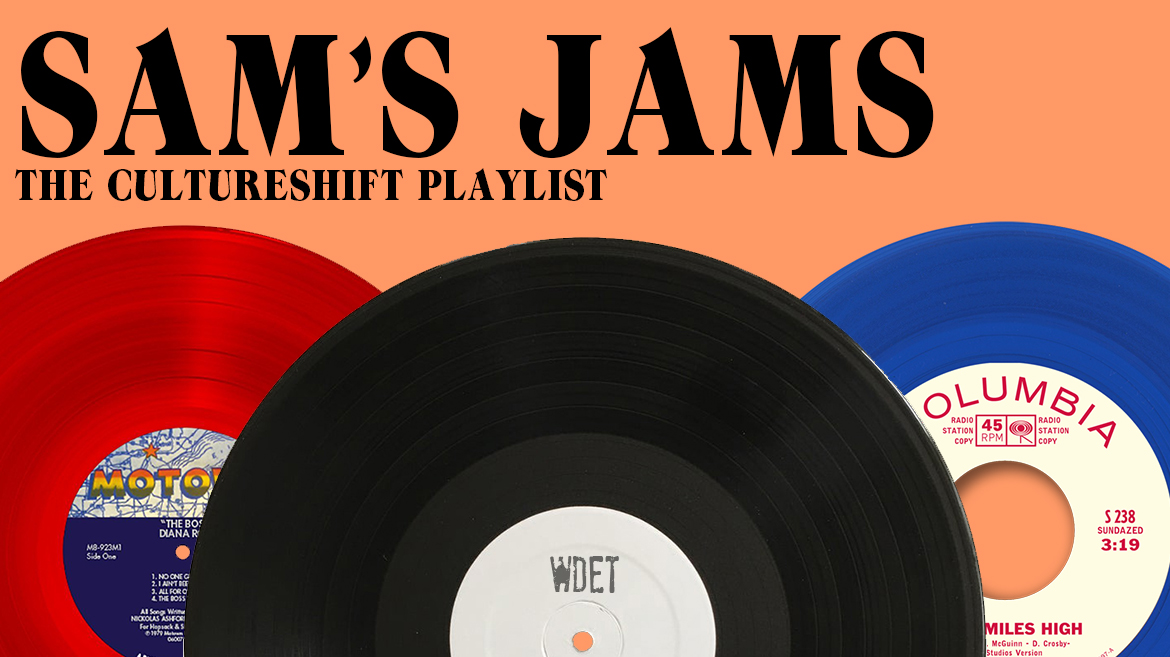Sam’s Jams: How J Dilla, Detroit Hip-Hop Pioneer, Changed Modern Music
J Dilla not only pioneered Detroit’s hip-hop scene with his unique approaching to producing, but helped spawn multiple new genres.


Artist: J Dilla
Track: Two Can Win, Don’t Cry, and many others….
Detroit has an important role in hip-hop history. With mainstream artists like Eminem and Big Sean, to underground horrorcore legends like Insane Clown Possee and ESHAM, Detroit has been a key player in the genre. But one artist stands out as being one of the most influential, not only in hip-hop, but in modern music.
J Dilla, aka Jay Dee (James Yancey), is a beat maker and rapper from Conant Gardens in Detroit. He was a founder of the iconic trio Slum Village, as well as a producer for other mainstream artists like A Tribe Called Quest, De La Soul, Busta Rhymes, Erykah Badu, The Roots, The Pharcyde, Madlib and Common.
What makes J Dilla so important, is that he developed a new style of beat making and drum programming that went on to influence countless hip-hop producers, Jazz musicians, and the development of Neo Soul with artists like Erykah Badu and D’angelo.
His unique approach was to make the drum machine sound “alive” by turning off any beat-correction and to purposely play the patterns “off” also known as “Drunk Funk.” He also had a distinctive approach to sampling chords and other musical elements to create a whole new composition out of existing records. Questlove, drummer for The Roots and producer for D’Angelo’s “Voodoo” album, discusses Dilla’s approach on the album:
“He makes programmed stuff so real, you really can’t tell it’s programmed. He might program 128 bars, with absolutely no looping or quantizing. When Q-Tip from A Tribe Called Quest first played me some of his stuff, I said, ‘The drums are messed up! The time is wrong!’ And when we did a song for D’Angelo’s record that Lenny Kravitz was supposed to play on, Lenny said, ‘I can’t play with this — there’s a discrepancy in the drum pattern.’ And we’re like, ‘It’s supposed to be this way!’”
J Dilla is also one of the most influential artists in Modern Jazz. Musicians like Robert Glasper, Christian Scott, Chris Dave, Karriem Riggins, and many others say Dilla’s style had a big impact on them. Drummers now intentionally play “Drunk Funk” style to quote and mimic Dilla’s sound. Keyboardist play chord progressions in a choppy way to mimic how Dilla sampled chords. You can even hear his influence in contemporary orchestra composers like Miguel Atwood-Ferguson, and the internet favorite Lo-Fi Hip-hop. J Dilla will not only be remembered as one of the most important figures in Detroit hip-hop but as a catalyst for modern music.
Sam’s Jams is the weekly song selection of WDET’s creative producer Sam Beaubien, a longtime Detroit musician who also helms the soul-funk band Will Sessions.
From 70 years ago to contemporary releases today, Sam’s Jams is the musical equivalent of digging for hours in dusty record store bins to find forgotten-but-should-be-remembered deep cuts pulled from the genres of funk, jazz and soul genres.

